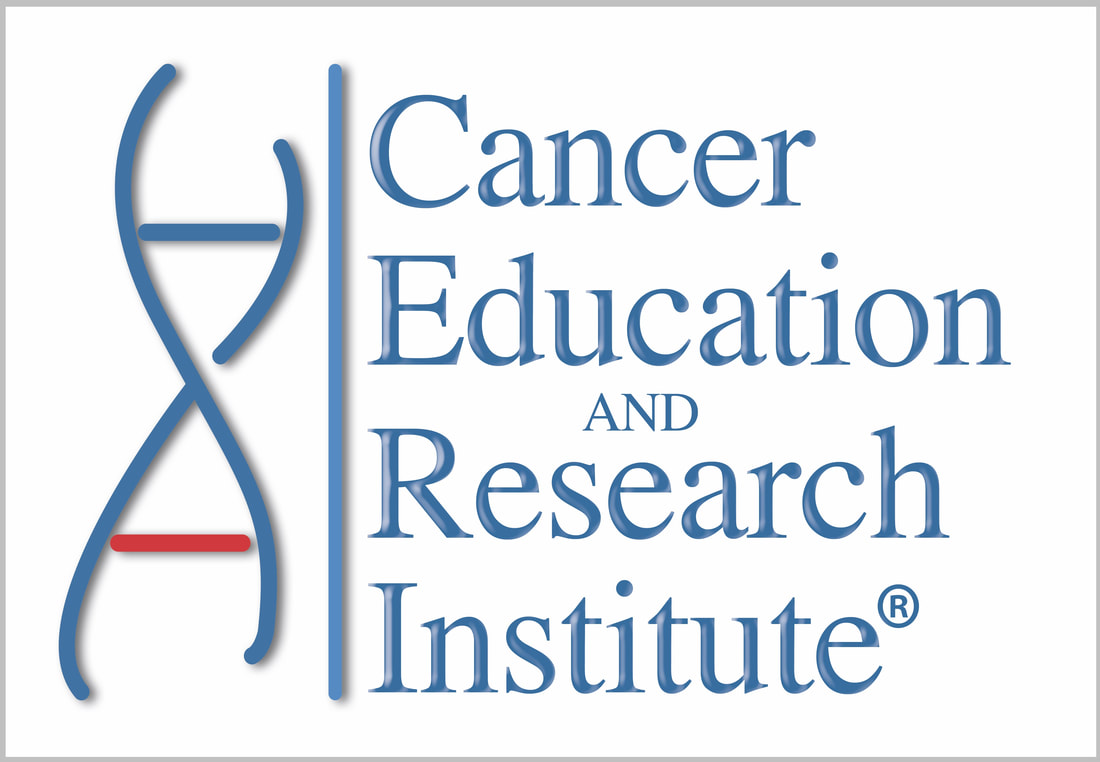Read the full article at our journal, The Journal of Simplified Cancer Research (JSCR)
Depression is a mood disorder characterized by episodes of depressed mood mainly accompanied by low self-esteem and loss of interest or pleasure in normally enjoyable activities (anhedonia). Depression is a major complication of cancer. In the previous article, we have learned how a cancer patient can experience feelings of depression (link). The risk of depression has been shown to be two to three times higher in patients with cancer than the general population, contributes to worsen the quality of life of the patient, and increases the risk of suicide in some individuals. Neurobiological factors may play a role in the link between cancer and depression, but the scientific evidence suggests that depression in this population is a common discomfort that results from the interaction between various risk factors and vulnerabilities. The Lancet, The Lancet Oncology, and Lancet Psychiatry have published a series of articles on depression in people with cancer. Through screening of more than 20,000 patients, the authors of the first study [1] were able to estimate the prevalence of major depression among cancer patients in a large clinical sample.
The team of researchers analyzed data from patients with breast cancer, lung cancer and colorectal cancer who had participated in routine screening for depression. The authors concluded that the depression is common in patients attending clinics for cancer, and is in most cases under-treated. There is therefore a pressing need to improve the management of major depression in patients, who are being treated for cancer. The study on Lancet [2] shows that patients treated with the integrated program (depression and cancer care) reported less depression and anxiety, lower levels of pain and fatigue and improved quality of life. Another study [3] describes the results of that treatment program in a group of patients with poor prognosis and indicates in this case more effective than traditional therapy. The researchers concluded that the integrated program of treatment of depression for people with cancer is an effective treatment for major depression in patients with cancer and offers a model for the treatment of comorbid depression and other conditions.
· Feelings of guilt
· Suffering for the people lost without being able to enjoy the people who are close
· Tendency to cry easily
· Headaches and Migraines
· Difficulty falling asleep and / or insomnia
· Loss of appetite
· Difficulty maintaining attention and focus
· Inability to have fun and joy
· Irritation
· Pessimism for the future
If you or one of your relatives is experiencing one or more of these symptoms, you should talk to your physician in order to receive suggestions for therapy and help.
References
1. Walker, J. et al. (2014) Prevalence, associations, and adequacy of treatment of major depression in patients with cancer: a cross-sectional analysis of routinely collected clinical data. The Lancet Psychiatry, Volume 1, Issue 5, Pages 343-350.
2. Sharpe, M. et al. (2014). Integrated collaborative care for comorbid major depression in patients with cancer (SMaRT Oncology-2): a multicentre randomised controlled effectiveness trial. The Lancet, Volume 384, Issue 9948, Pages 1099-1108.
3. Walker, J. et al. (2014). Integrated collaborative care for major depression comorbid with a poor prognosis cancer (SMaRT Oncology-3): a multicentre randomised controlled trial in patients with lung cancer. The Lancet Oncology, Volume 15, Issue 10, Pages 1168-1176











